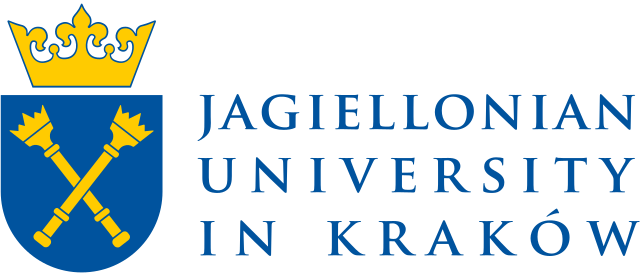Scholars at Risk (SAR) Network Residence

Villa Decius Institute for Culture in cooperation with the Jagiellonian University in Krakow, on the basis of the agreement of July 20, 2020, undertook the implementation of the SAR Residence Program as part of the international network Scholar at Risk. The Institute offers the selected scientist (exposed to persecution) a safe stay for the academic semester and logistic support combined with various promotional and information activities. All activities are aimed at increasing the involvement of academic scientists in the life of the Krakow academic community and promoting their scientific and research activities in Poland.
The network comprises 507 universities, colleges and associations in 39 countries. The Jagiellonian University and the Villa Decius Institute for Culture joined the network in 2020 as the first and, for the time being, the only organizations in Poland.
You can apply for the programme via an application form available at Scholars at Risk Network official website.
Scholars at Risk (SAR) is an international network of institutions and individuals with a mission to protect scientists and promote academic freedom. By creating temporary academic positions at member universities and colleges, Scholars at Risk provides security for researchers facing serious threats so that their ideas are not lost and they can continue to work until conditions improve and return to their countries.
Scholars at Risk started its activity at the University of Chicago in 1999. Since then, many universities have joined the network with the goal of protecting scholars from around the world. Three years after the founding of SAR, the network's headquarters moved from the University of Chicago to the New York University (NYU) campus. Since 2005, SAR has started organizing "sections" and "partner networks" around the world, building a global community that promotes academic freedom and helps researchers in need.
In 2012, SAR launched its Academic Freedom Monitoring Project, a collaboration of volunteer researchers who document attacks on higher education in specific countries or regions. The project tracks key types of attacks with the aims of protecting vulnerable individuals, promoting accountability and preventing future violations. Three years after the monitoring project was created, the first report was published - Free to Think, which analyzed 333 cases of attacks on the academic community in the period from January 2011 to May 2015. The report shows the urgent need to raise public awareness and document attacks on higher education.
Institutions and individuals that share SAR values are invited to join the network and engage in any way possible, including hosting researchers in danger, supporting imprisoned scientists, monitoring attacks on higher education, and joining working groups.
In early December 2020, the Villa Decius Institute for Culture received the first SAR fellow, Professor Candan Badem, a well-known Turkish historian who has been suffering repression in recent years due to a wave of redundancies at universities. Professor Badem stayed in Krakow until February 2021.
In October 2021, under the SAR program, Villa Decius hosted Professor Fulya Atacan from Turkey. The Turkish scientist, seeking research and teaching opportunities in a safe place, received the assistance of the global Scholars at Risk Network, and since then, she has been hosted in Krakow as a SAR Fellow. Professor Fulya Atacan stay in Villa Decius until the end of February 2022. In the fall, we will welcome another scholar of the program in Krakow.


Scholars at Risk started its activity at the University of Chicago in 1999. Since then, many universities have joined the network with the goal of protecting scholars from around the world. Three years after the founding of SAR, the network's headquarters moved from the University of Chicago to the New York University (NYU) campus. Since 2005, SAR has started organizing "sections" and "partner networks" around the world, building a global community that promotes academic freedom and helps researchers in need.
In 2012, SAR launched its Academic Freedom Monitoring Project, a collaboration of volunteer researchers who document attacks on higher education in specific countries or regions. The project tracks key types of attacks with the aims of protecting vulnerable individuals, promoting accountability and preventing future violations. Three years after the monitoring project was created, the first report was published - Free to Think, which analyzed 333 cases of attacks on the academic community in the period from January 2011 to May 2015. The report shows the urgent need to raise public awareness and document attacks on higher education.
Institutions and individuals that share SAR values are invited to join the network and engage in any way possible, including hosting researchers in danger, supporting imprisoned scientists, monitoring attacks on higher education, and joining working groups.
In early December 2020, the Villa Decius Institute for Culture received the first SAR fellow, Professor Candan Badem, a well-known Turkish historian who has been suffering repression in recent years due to a wave of redundancies at universities. Professor Badem stayed in Krakow until February 2021.
In October 2021, under the SAR program, Villa Decius hosted Professor Fulya Atacan from Turkey. The Turkish scientist, seeking research and teaching opportunities in a safe place, received the assistance of the global Scholars at Risk Network, and since then, she has been hosted in Krakow as a SAR Fellow. Professor Fulya Atacan stay in Villa Decius until the end of February 2022. In the fall, we will welcome another scholar of the program in Krakow.



